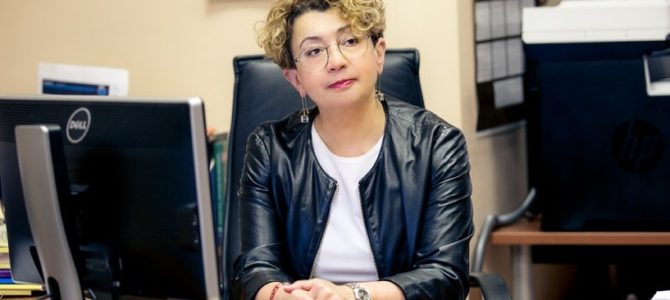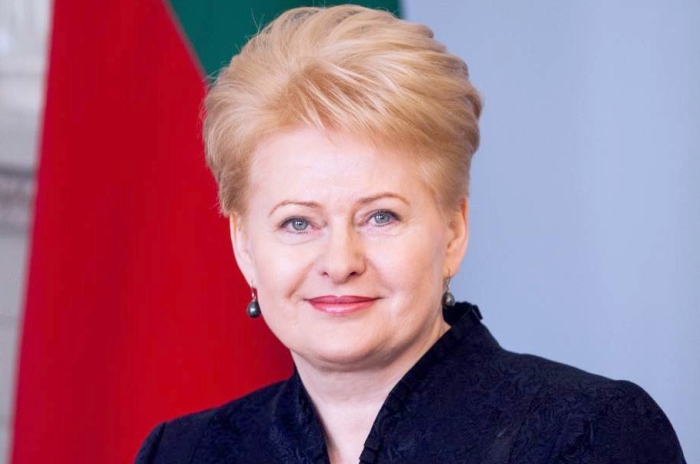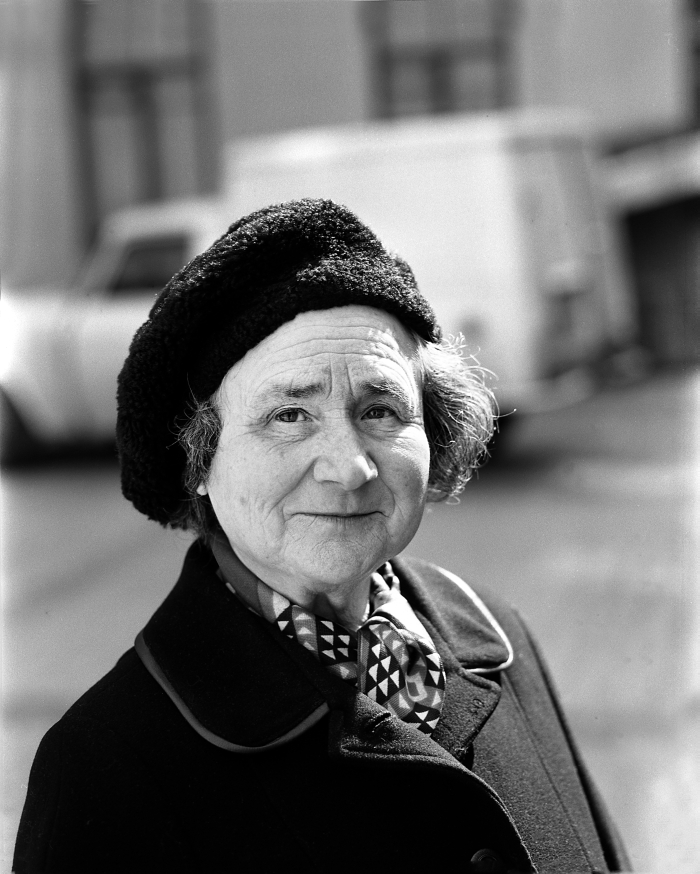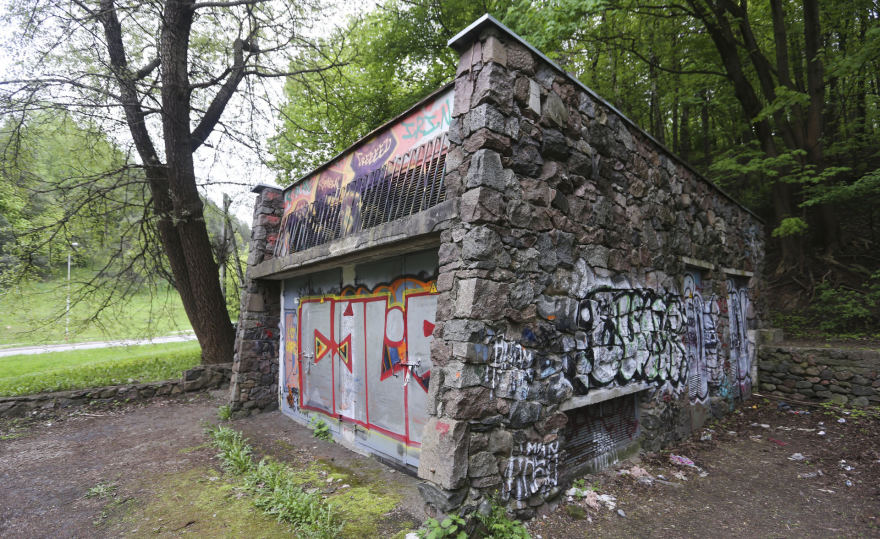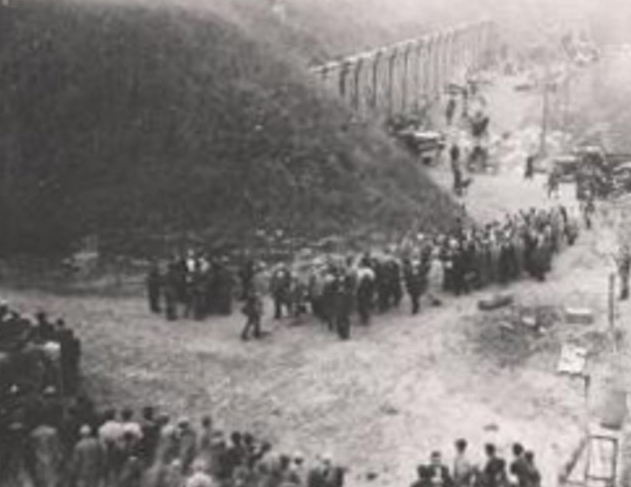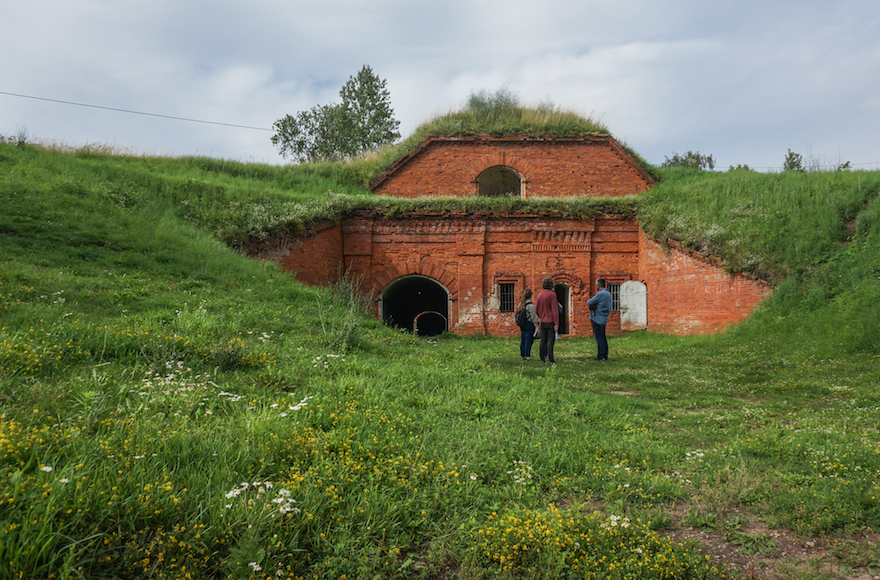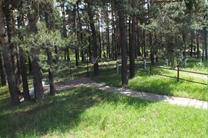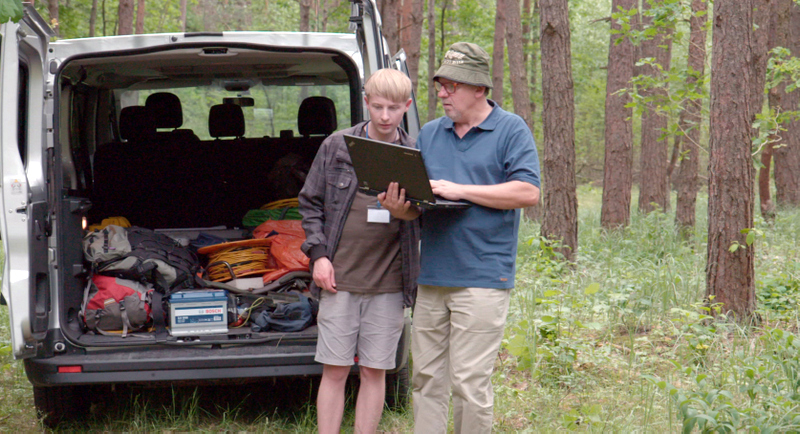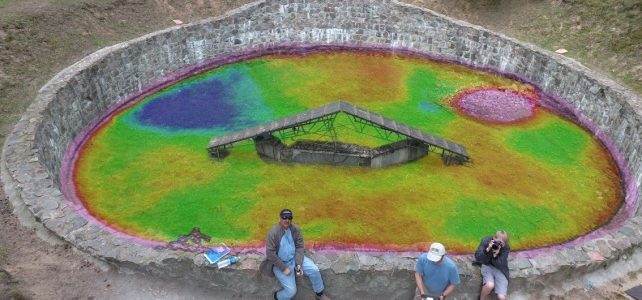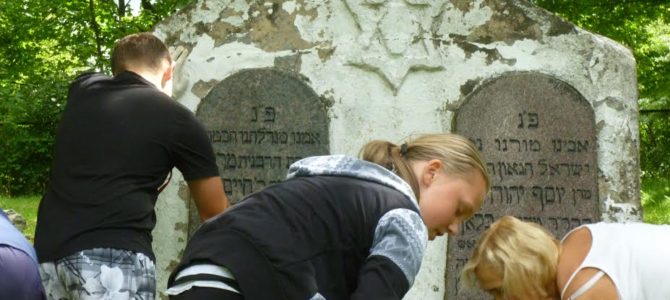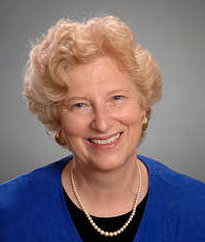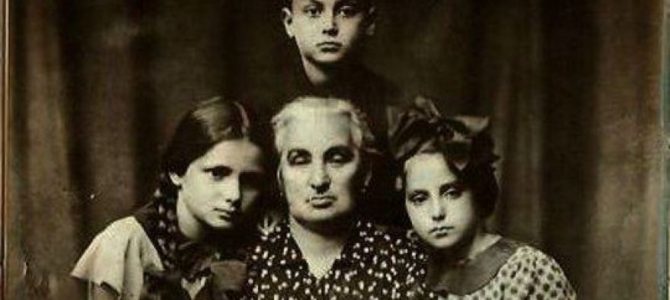
Children’s Experiences of the Ghetto: to Live to Tell the Story
by Jūratė Važgauskaitė
manoteises.lt
“Wednesday the 10th of December. It dawned on me that today is my birthday. Today I became 15 years old. You hardly realize how time flies. It, the time, runs ahead unnoticed and presently we realize, as I did today, for example, and discover that days and months go by, that the ghetto is not a painful, squirming moment of a dream which constantly disappears, but is a large swamp in which we lose our days and weeks…In my daily ghetto life it seems to me that I live normally but often I have deep qualms. Surely I could have lived better. Must I day in day out see the walled-up ghetto gate, must I in my best years see only the one little street, the few stuffy courtyards?” So wrote Yitzchak Rudashevski, a student at the Real Gymnasium in Vilnius, a talented writer and a prisoner of the Vilnius ghetto.
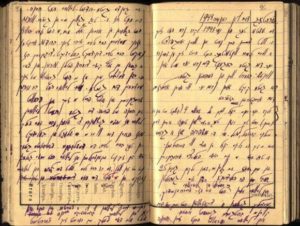
The ghetto swallowed up the life of this young man, leaving us only his diary. A diary which reveals the personal world of a young man who grew up too soon and experienced terrible experiences.
Full treatment in Lithuanian here.


